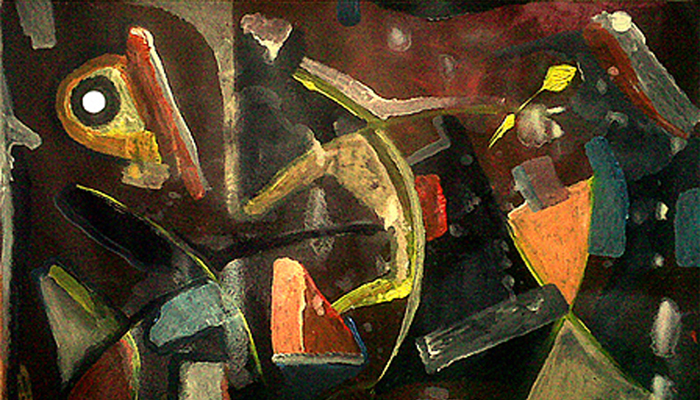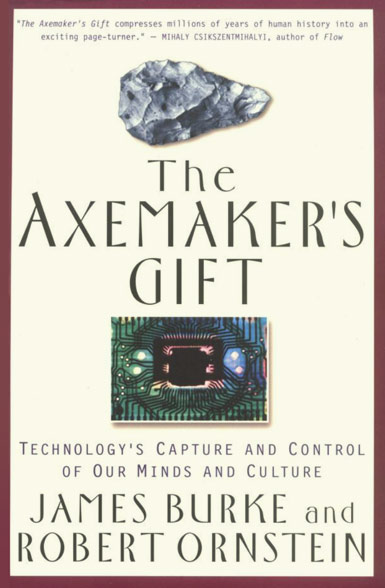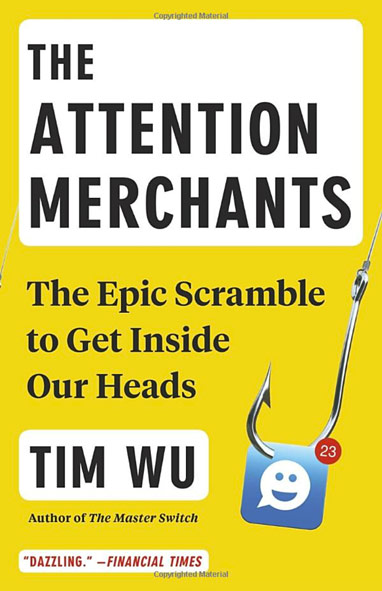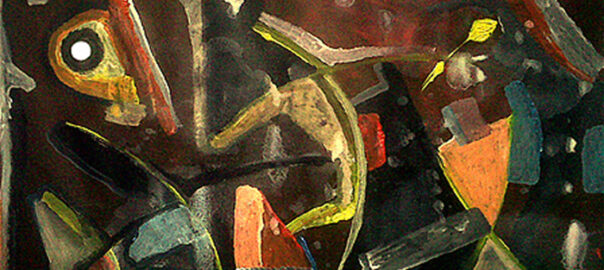
Viral Ideas:
Technology and Fragmentation
Jack Mancino, Wikimedia Commons
In their book, The Axemaker’s Gift, James Burke and Robert Ornstein show that every tool or technology ever invented took on a life of its own, changing humanity in ways that were neither suspected nor predicted by their original designers and recipients.
The Axemaker’s Gift

The printing press began as a money-making scheme, which Johannes Guttenberg needed to salvage a serious investment blunder. It grew rapidly in popularity as both the church and city governors adopted it. Had printing been centralized, say in Rome, or available only to governments and the church it would have remained only a broadcasting technology, similar to today’s newspapers and books. But printers set up shop in many towns and were willing to sell their services to anyone who would pay. This made it a networked communication technology as well, similar to desktop publishing and the internet. Without it, Martin Luther’s fate would likely have been the same as that of Jan Hus, an earlier church reformer, who was burned at the stake. Instead, as Niall Ferguson points out in The Square and the Tower, by the time the pope had heard about Luther and tried to excommunicate him, Luther had already published his 95 complaints in 30 different pamphlets, selling 300,000 copies.
The 16th century Reformation was more than just Protestants against Catholics. Once the authority of the Church as the single source of truth had been challenged it did not simply result in two alternative faiths. Part of the bloodshed that ensued over the next 30 years resulted from protestants splitting into factions, each differing on points of theology.
The eventual solution to the problem involved a two-fold process. One was through a series of treaties by the recently formed European powers, collectively called the Peace of Westphalia. A new set of hierarchies (the European states) exercised control over networked dissention and dispute. The other process was the imposition of standardized, graded, and officially recognized systems of education developed in both Protestant and Catholic countries, which were intended to foster trusted and society-wide means for identifying truth.
Social media has become the new battleground, in which the goal is to shape and distort our perceptions of reality.
In just over a decade social media has disrupted the major institutions of our society. A command of social media is now essential to any government that wishes to stay in power. As Peter Singer & Emerson Brooking show in their book, LikeWar: The Weaponization of Social Media, social media has become the new battleground, in which the goal is to shape and distort our perceptions of reality. While there is nothing new about attempting to shape perception for war or profit, the extent to which social media is now an integral part of our information ecosystem changes everything. Newspapers and magazines have lost much of their ad revenue and local newspapers have largely gone out of business. According to a Report by the Pew Research Center, in 2018, about two-thirds of American adults say they at least occasionally get their news from social media and one-in-five say they often get their news via social media. In fact, traditional news organizations depend on social media and Google to bring people to their sites. It is another channel through which articles, images, and video generated by traditional news gets disseminated to the public.
“If you are online, your attention is like a piece of contested territory, being fought over in conflicts that you may or may not realize are unfolding around you. Everything you watch, like, or share represents a tiny ripple on the information battlefield, privileging one side at the expense of others. Your online attention and actions are thus both targets and ammunition in an unending series of skirmishes. Whether you have an interest in the conflicts of LikeWar or not, they have an interest in you.”
P.W. Singer & Emerson Brooking. LikeWar: The Weaponization of Social Media. Houghton Mifflin Harcourt.
We are in a strange situation where the majority of people in the world use social media every day, yet we understand little of its nature and influence on us, other than that it is very addictive. If we are to benefit from digital technology as we eventually did from the alphabet and the printing press, we need to understand better how it works and how it plays upon our own mental systems. Every technology requires a set of norms and safety practices around its use. Electrical fires and electrocutions are rare because of the combined effect of public education, laws, industry practices, and trusted experts. We will need to develop comparable practices for social media.

The Axemaker’s Gift
Technology’s Capture and Control of Our Minds and Culture
James Burke and Robert Ornstein
Explore the double-edged history of human culture—how those with capacity for sequential analysis generated technologies to “cut and control” the world and and shape their community.

The Attention Merchants
The Epic Scramble to Get Inside Our Heads
Tim Wu
Columbia law professor Tim Wu explores how our attention, aided by the advent of mass marketing and increasingly sophisticated advertising techniques, has become one of the hottest commodities on the planet and the common currency of propagandists, media executives, and internet moguls.
In the series: Viral Ideas
Related articles:
Further Reading »
Further Reading
External Stories and Videos

Fake Facebook Pages Spurred Genocide in Myanmar
Kristin Houser, Future Society
For half a decade, the Myanmar military has used Facebook to fuel this fire against the Rohingya minority.

Facebook Will Now Show You Exactly How It Stalks You — Even When You’re Not Using Facebook
Geoffrey A. Fowler, Washington Post
The new ‘Off-Facebook Activity’ tool reminds us we’re living in a reality TV program where the cameras are always on. Here are the privacy settings to change right now.

‘Our Minds Can Be Hijacked’: The Tech Insiders Who Fear a Smartphone Dystopia
Paul Lewis, The Guardian
Google, Twitter and Facebook workers who helped make technology so addictive are disconnecting themselves from the internet. Meet the Silicon Valley refuseniks alarmed by a race for human attention.

